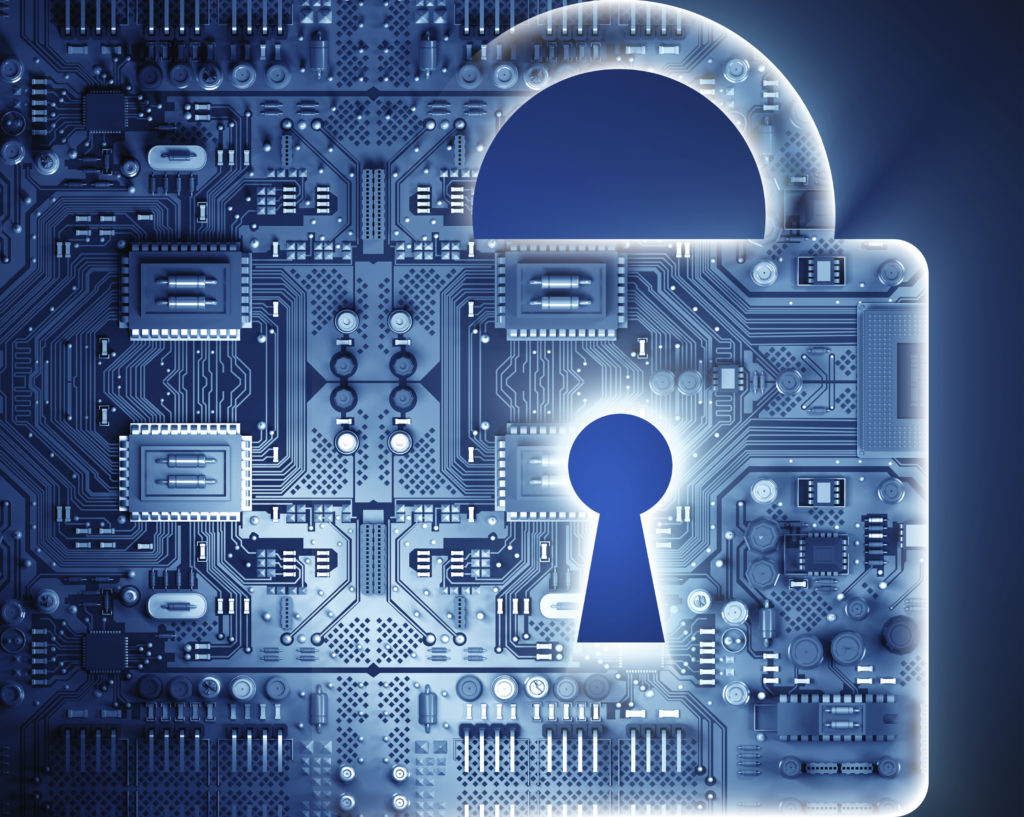
Whatever your business specializes in, you’re going to have sensitive client data on your system. That information could include names, addresses, bank details, etc., and all that information can be very handy to a hacker. Your customers trust you with their details, in belief that you are going to keep it all confidential and safe from prying eyes. Your client data security will determine the success or potential damage to your business.
If that sensitive information falls into the wrong hands it’s not just your business that can suffer. In the majority of such cases, it’s illegal to not protect client information. The federal Fair Credit Reporting Act will heavily fine companies that don’t provide enough security for sensitive client details.
So what can you do to secure client information and your business reputation?
1 – Choose a secure internet host
Your internet host will have advertised how their security is offering fancy firewalls, malware and antivirus programs that are all the latest software, but this server-side protection isn’t always enough. If you’re using a shared internet host, it’s highly possible other businesses or websites share it with you, leaving your sensitive client information vulnerable to cross-side server attacks.
These attacks only work if a hacker opens an account to gain access to all sites on that server, so make sure that your internet host monitors activity to check for this before you put your trust in them.
There are other secure options: for instance you can choose to have private server partitions between your site and everyone else’s which can get fairly costly, but client information will be that much safer. If this still isn’t secure enough for you, you can open a private server account exclusive to you. Again, this is more costly, but also adds another layer of security for you, your client and your reputation.
2 – Step up your security measures
Client data security includes basic safeguards can be extremely effective. Start by using strong passwords on all your company devices plus personal devices if your business has BYOD. Check frequently for updates for software and hardware. This is important if you’re using software that runs automatic processes in the background – such as encryption for communication and email services.
3 – Prevent data loss
Data Loss Prevention (DLP) is a strategic software package to make sure that users don’t send sensitive or critical data outside of your business network, and can control what data users are able to view.
The software products used in DLP use business rules to sort information so that unauthorized users can’t “accidentally” stumble across it or maliciously share it. If a user tried to send private information across a platform outside of the business domain, the request would automatically be denied.
Using a DLP can allow you to track where your data is being stored on the cloud or on mobile devices as well as in-house hardware. This is true whether your employees are logged on or off the company network when accessing information. This helps to prevent data from being leaked or stolen and greatly increases your client data security.
DLP might not be cheap to install and maintain, but will ensure client confidentiality in the long run, which will be a good return on investment. If you’re still not sure, contact Stratosphere Networks at (877)599-3999 or fill out our contact form for more information. Our experienced IT professionals will help you determine what type of protection is necessary for your company to succeed.
